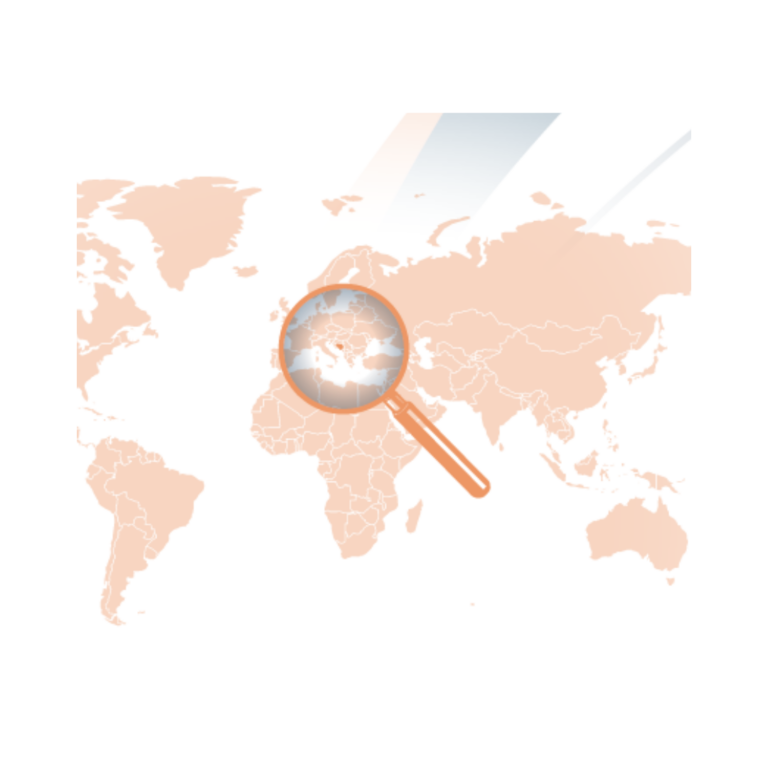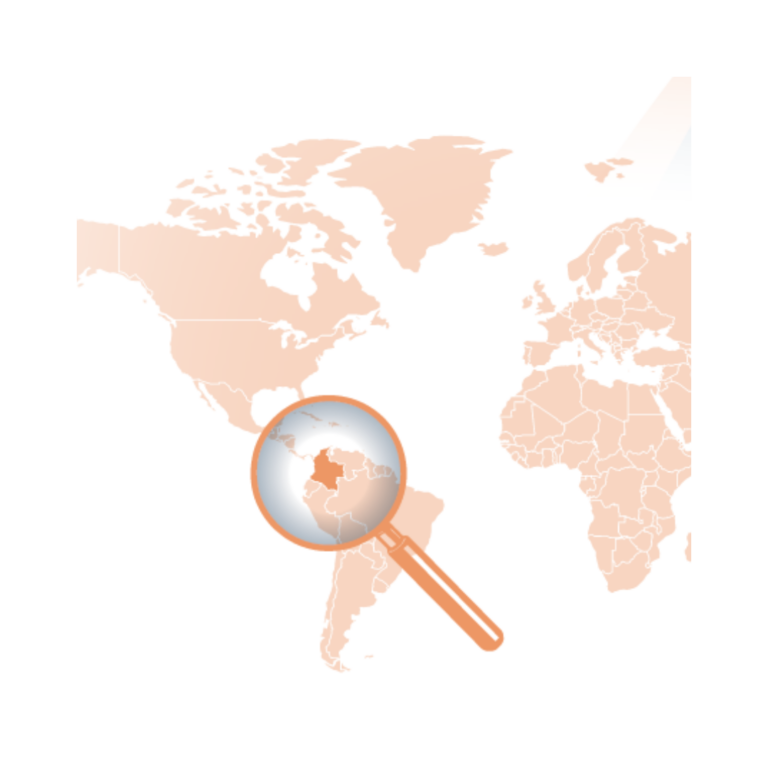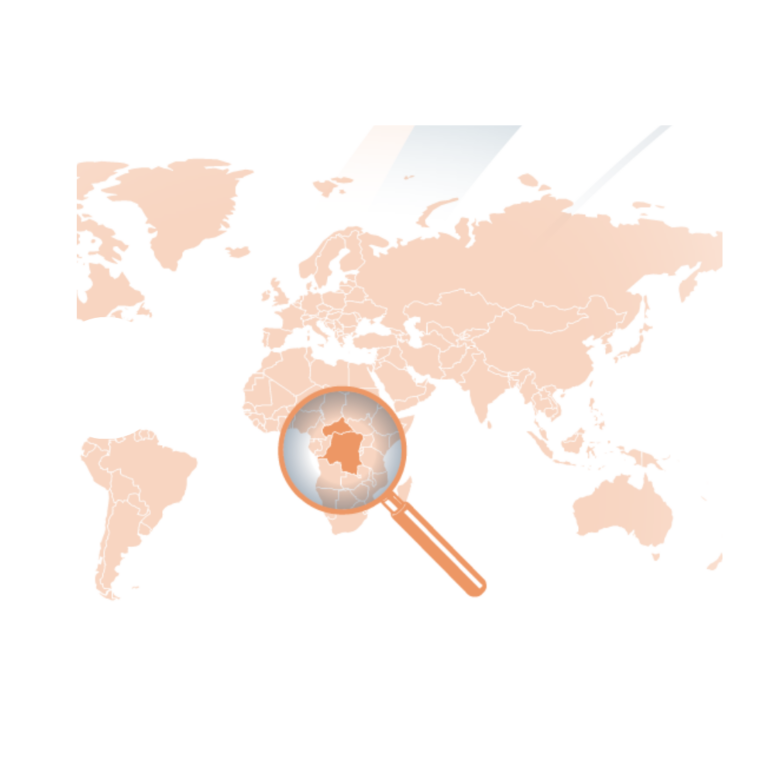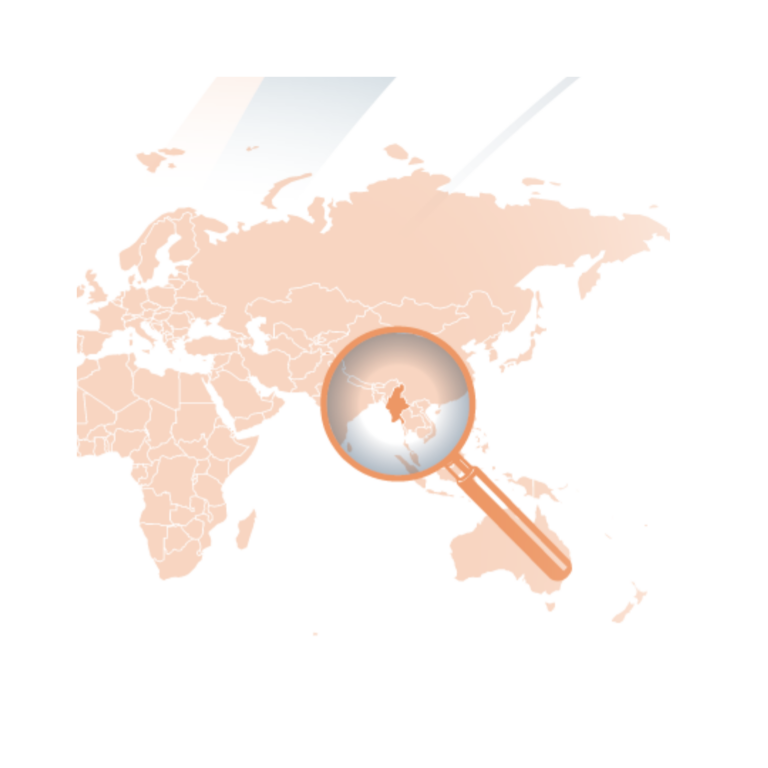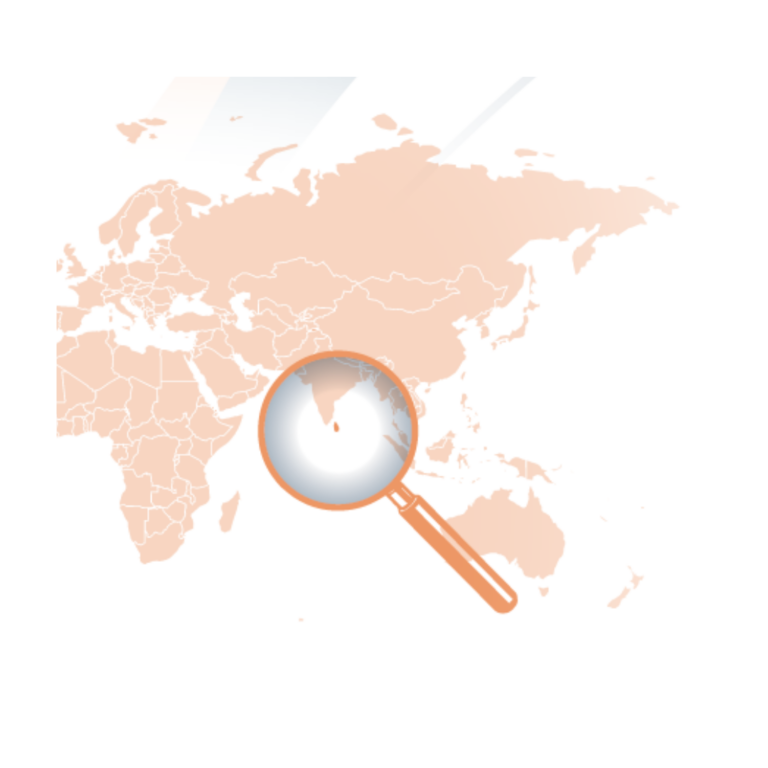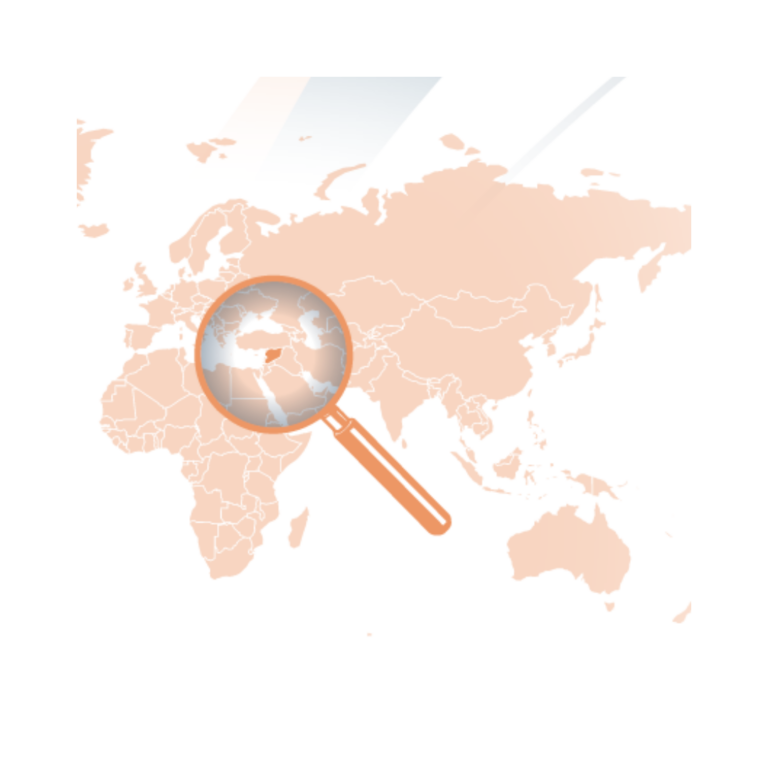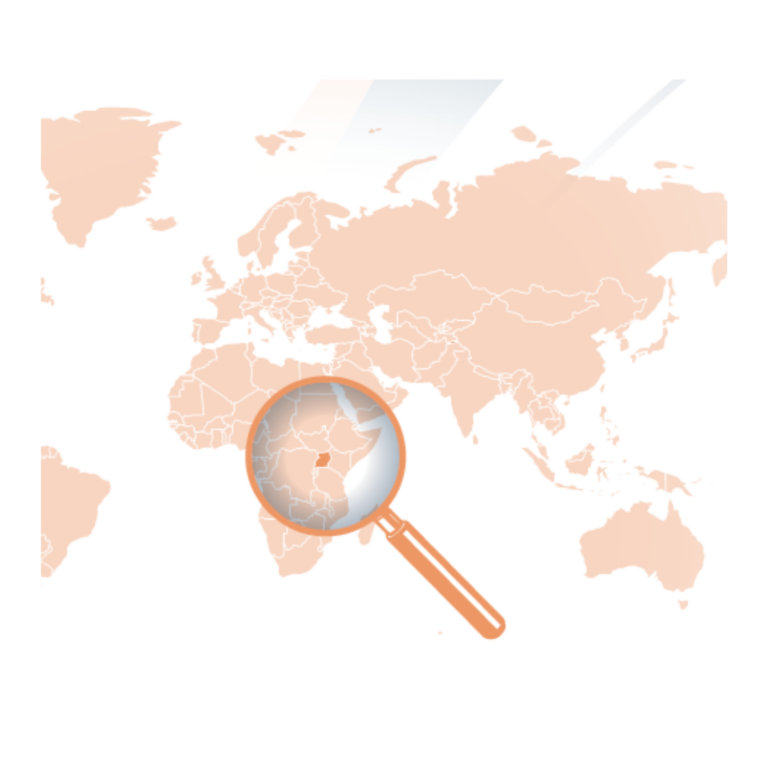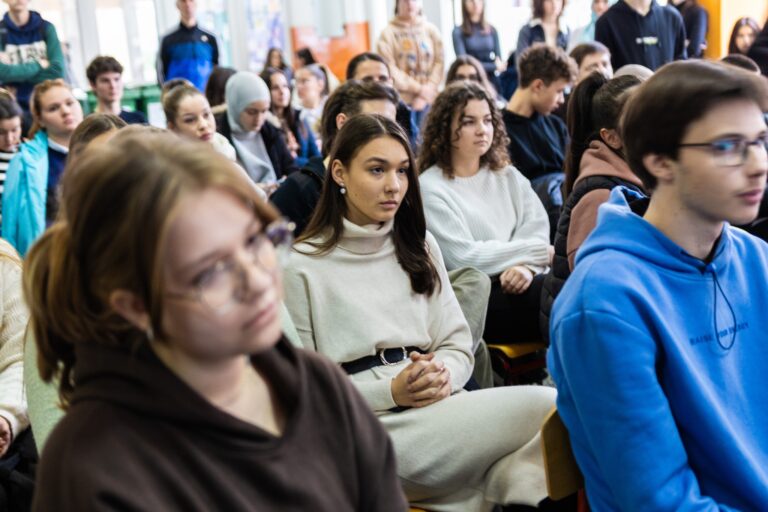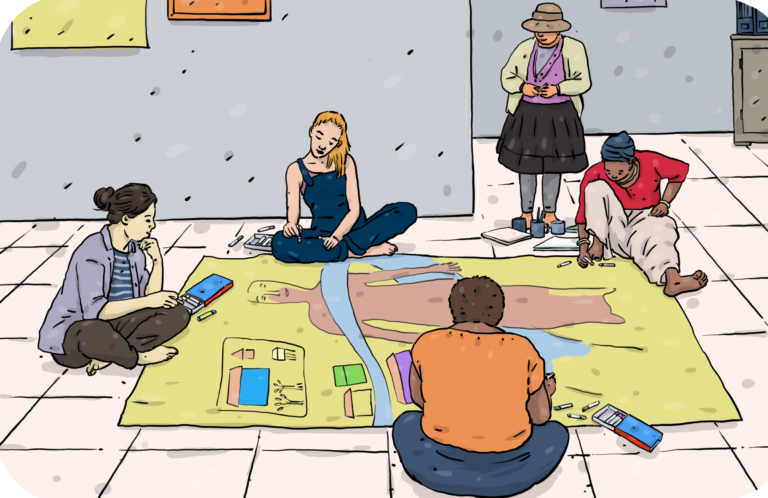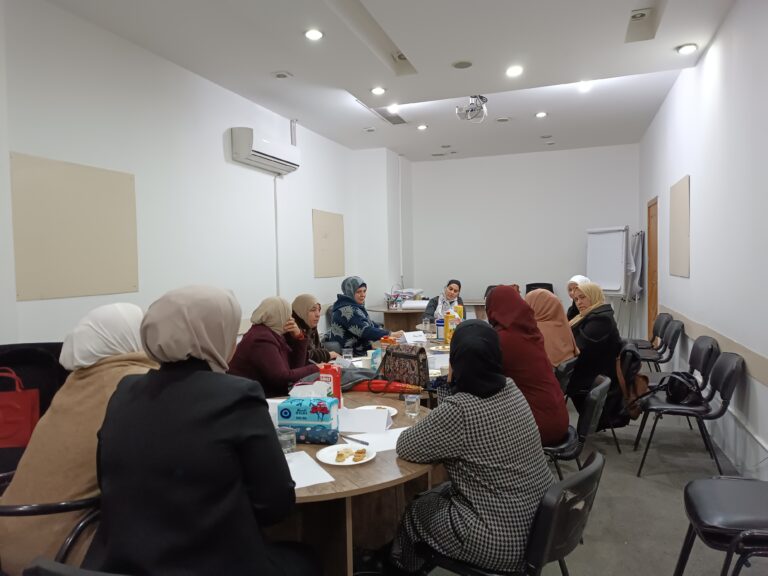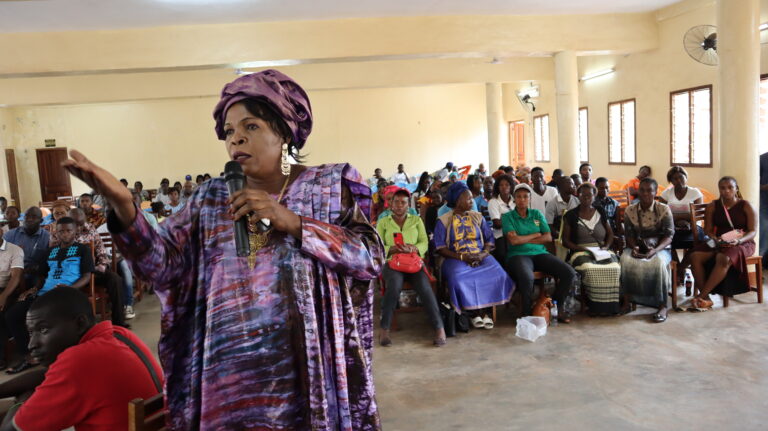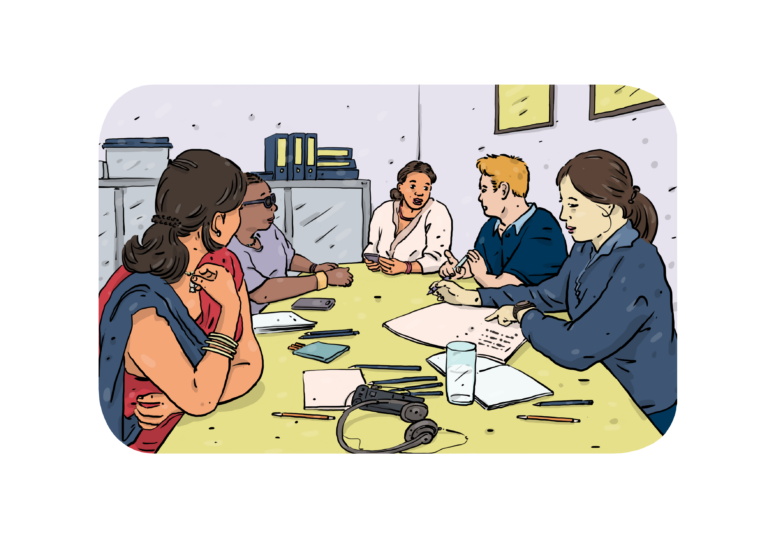Justice, Truth and Healing for CRSV Survivors
The Global Initiative for Justice, Truth and Reconciliation (GIJTR) has worked alongside survivors of conflict-related sexual violence (CRSV) in numerous contexts, from Rohingya refugees in Bangladesh, to indigenous women in Colombia and survivors of the 2009 Stadium Massacre in Guinea, supporting them to advocate for their rights, document their stories, strengthen their capacities in relation to transitional justice, and develop participatory, community-based programs aimed at meeting survivors’ needs.
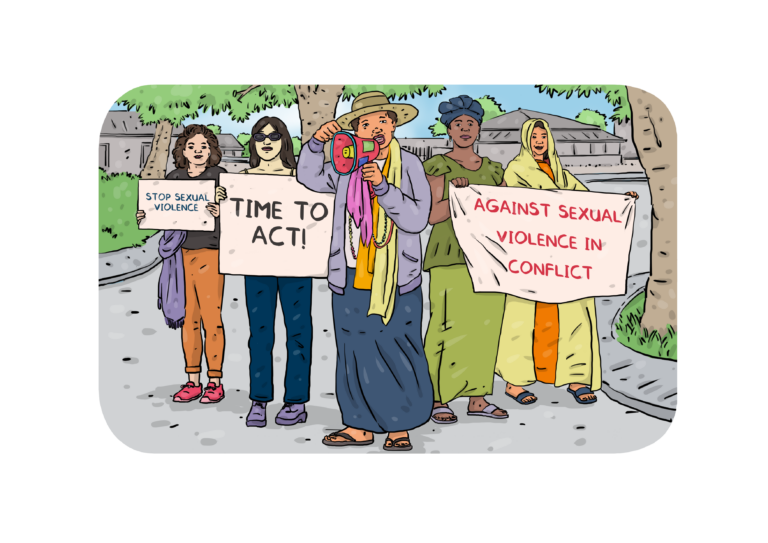
Context
Through its work alongside communities emerging from conflict over the past decade, the GIJTR has witnessed, first-hand, the gendered impacts of war and mass atrocities. While too often these types of violations have been ignored within transitional justice processes – pushed into the background intentionally or unconsciously in favor of narratives that center the stories of combatants and those in positions of power – the GIJTR has also seen that the majority of positive change in relation to CRSV has been driven by the tireless efforts of survivors and the communities of support that surround them, particularly in contexts where the state has been complicit in the crimes or is otherwise unable to adequately respond. The role of civil society organizations (CSOs), which are often borne of a commitment to creating more just and peaceful futures that is shared with survivors, has been instrumental in advancing truth, justice, and healing for CRSV; in drawing attention to survivors’ needs; and in proposing innovative solutions to support survivors and prevent these violations from recurring.
Project Details
In April 2023, the GIJTR launched a year-long project aimed at assessing the different forms of recourse available to survivors of conflict-related sexual violence in their pursuit of truth, justice and healing; the utility of new and existing resources on documentation to practitioners; and approaches that can be used to support survivors before, during and after accountability processes. Drawing upon insights gathered from interviews conducted and case studies produced during the research phase of the project, and from six frontline organizations that received sub-grants to deliver projects in 2023, the GIJTR has developed a new self-assessment toolkit offering CSOs a set of tools to reflect on how survivors’ holistic needs in relation to truth, justice and healing are being met in their context, and to assess whether their programs can be expanded or adapted in response.
Project Activities
Activity 1: Mapping of Various Approaches to Pursuing Truth, Justice, and Healing for Survivors of CRSV
GIJTR partners, ICSC and CSVR, mapped and assessed various approaches to pursuing truth, justice, and healing for CRSV. The assessment focused on three key areas. First, it analyzed the pathways to justice that exist in different contexts, and the role of CSOs in leading or supporting efforts to enable survivors to seek justice. Secondly, it analyzed the role of support services in responding to survivors’ holistic needs. Lastly, it assessed the role of existing resources in shaping a survivor-centered, gender-sensitive and trauma-informed approach to work with survivors. As a result of this initial assessment, seven case studies highlighting best practices, innovations, and challenges in pursuing justice and accountability and providing holistic support to survivors across diverse contexts were developed for the project.
The assessment sought to advance a holistic approach to justice and meeting survivors’ needs by studying CSOs’ approaches to supporting survivors both during and after formal accountability processes and how international actors can support these CSO-led efforts. As a result of this initial assessment, seven case studies highlighting best practices, innovations, and challenges in pursuing justice and accountability and providing holistic support to survivors across diverse contexts were developed for the project.
Activity 2: Developing a Standard Self-Assessment Tool for CSOs
GIJTR partners developed a standard self-assessment toolkit to be adapted to the needs of CSOs working in a range of contexts, which was piloted in partnership with survivors and frontline organizations in Medellin, Colombia in November 2023 and Bangui, Central African Republic in January 2024. The self-assessment toolkit offers organizations a set of tools to reflect on how survivors’ holistic needs in relation to truth, justice and healing are being met in their context, and to assess whether their programs can be expanded or adapted in response.
This piece will be available by the end of February 2024.
Activity 3: Sub-Grant Initiatives on Truth, Justice, and Healing for Survivors of CRSV at the Community Level
GIJTR partners identified six local CSOs supporting CRSV survivors from among the organizations involved in Activity 1 and provided sub-grants for the development of local initiatives that could further support their ongoing work in Central African Republic, Sri Lanka, South Sudan, Syria, Bosnia and Herzegovina, and Guatemala. Through the sub-grants, GIJTR partners provided a wide range of assistance to CSOs and survivor networks working at different stages to advance truth, justice, and healing.
Activity 4: Virtual Evaluation and Strategy Meeting and Roundtable
In January 2024, GIJTR partners hosted a virtual meeting to share the results and key lessons learned from the implementation of the sub-grant projects and the piloting of the self-assessment tool. Participants used the meeting as an opportunity to reflect on needs and opportunities for future programming and discuss how the self-assessment toolkit could be used to strengthen their work.
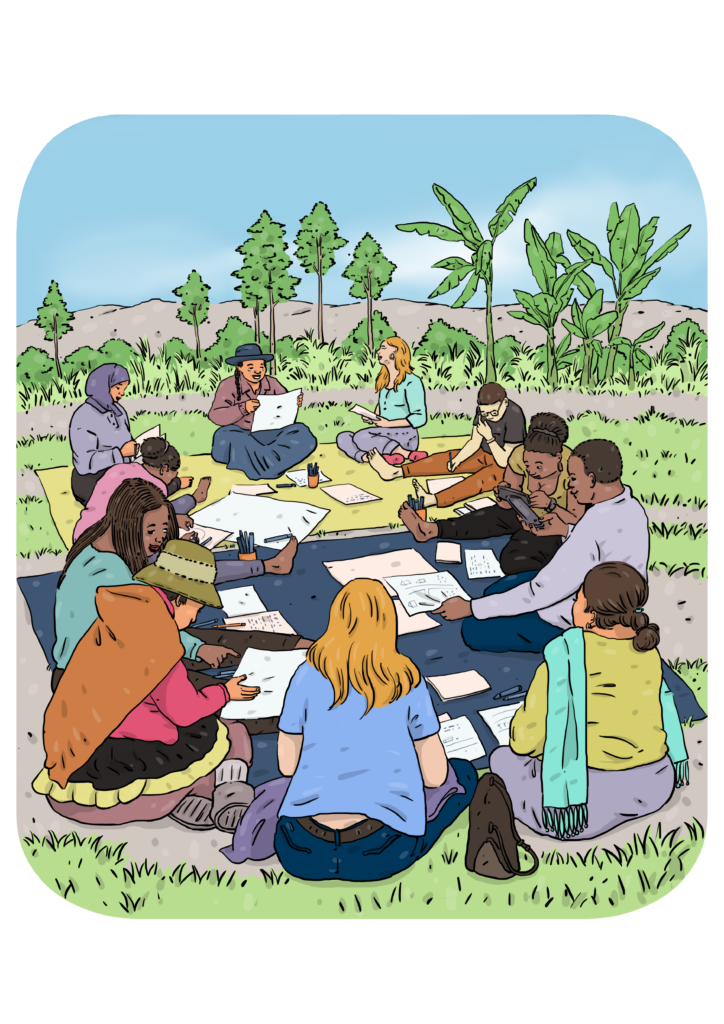
Analyzing Challenges and Opportunities for Providing Holistic Support to Survivors of CRSV
This self-assessment toolkit has been created for CSOs in recognition of the vital role they play in advancing truth, justice, and healing for survivors of CRSV. The aim of the toolkit is to offer CSOs a set of tools to assess how comprehensively survivors’ holistic needs are being met in their context, and whether there are gaps that could be addressed through their programs. The self-assessment is designed to draw upon the deep existing knowledge of CSOs and can be carried out by organizations on an individual basis, as well as by organizations working as a group. This resource is currently available in English. Please check back for French, Spanish, Arabic, Burmese, Bosnian, Amharic and Tigrinya.
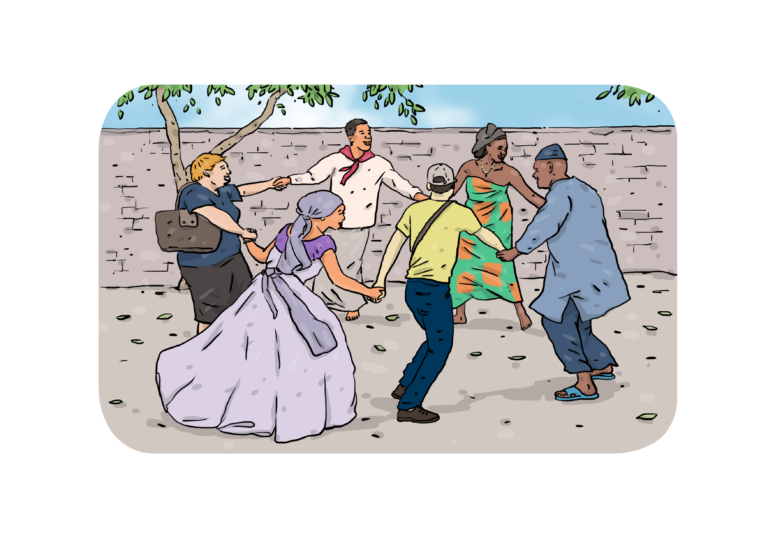
Framing Document
This document accompanies the Self-Assessment Toolkit for Analyzing Challenges and Opportunities for Providing Holistic Support to Survivors of CRSV. Based on the GIJTR’s experience supporting communities emerging from conflict over the last decade, the toolkit addresses the topic of holistic support for survivors of CRSV through a transitional justice lens. Recognizing that CSOs using the self-assessment toolkit may have varying degrees of familiarity with transitional justice processes and vocabulary, the purpose of this document is to explore transitional justice concepts—from the GIJTR’s perspective and experience—and offer definitions for key words and ideas that appear throughout the self-assessment toolkit. This resource is currently available in English. Please check back for French, Spanish, Arabic, Burmese, Bosnian, Amharic and Tigrinya.
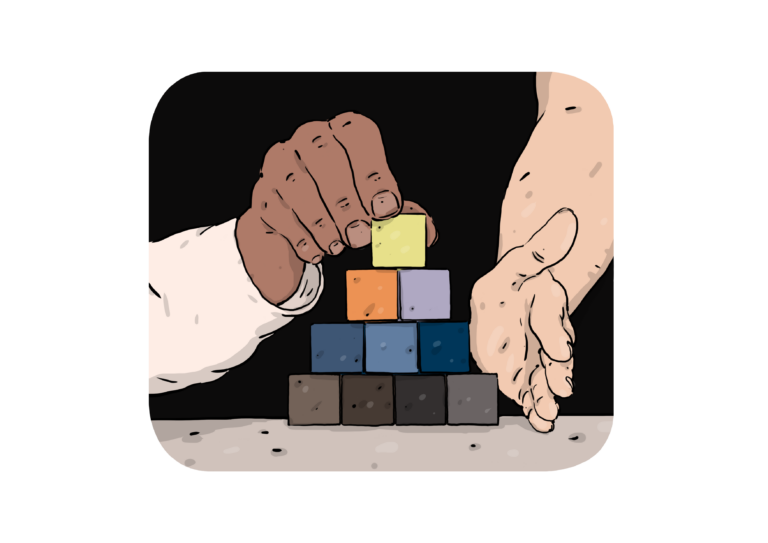
Case Study Summary
The first section of this summary discusses CRSV, its prevalence, and how it affects victims/survivors. The second section discusses best practices of holistic and survivor-centered approaches to documentation and care for victims/survivors from the different case studies. The third section discusses the challenges to the provision of holistic support to victims/survivors. Finally, the fourth section presents recommendations from the case studies for improving interventions and approaches to survivor-centered and trauma-informed support for victims/survivors of CRSV.
These case studies detail the approach organizations working to advance truth, justice, and healing for survivors of CRSV have taken to their work in the following contexts: Bosnia and Herzegovina (BiH), Colombia, Central African Republic, Democratic Republic of the Congo, Myanmar, Sri Lanka, Syria, and Northern Uganda. All the case studies are available in English. Please check back for French, Spanish and Arabic, and the case studies on Myanmar and BiH are also available in Burmese and Bosnian.

